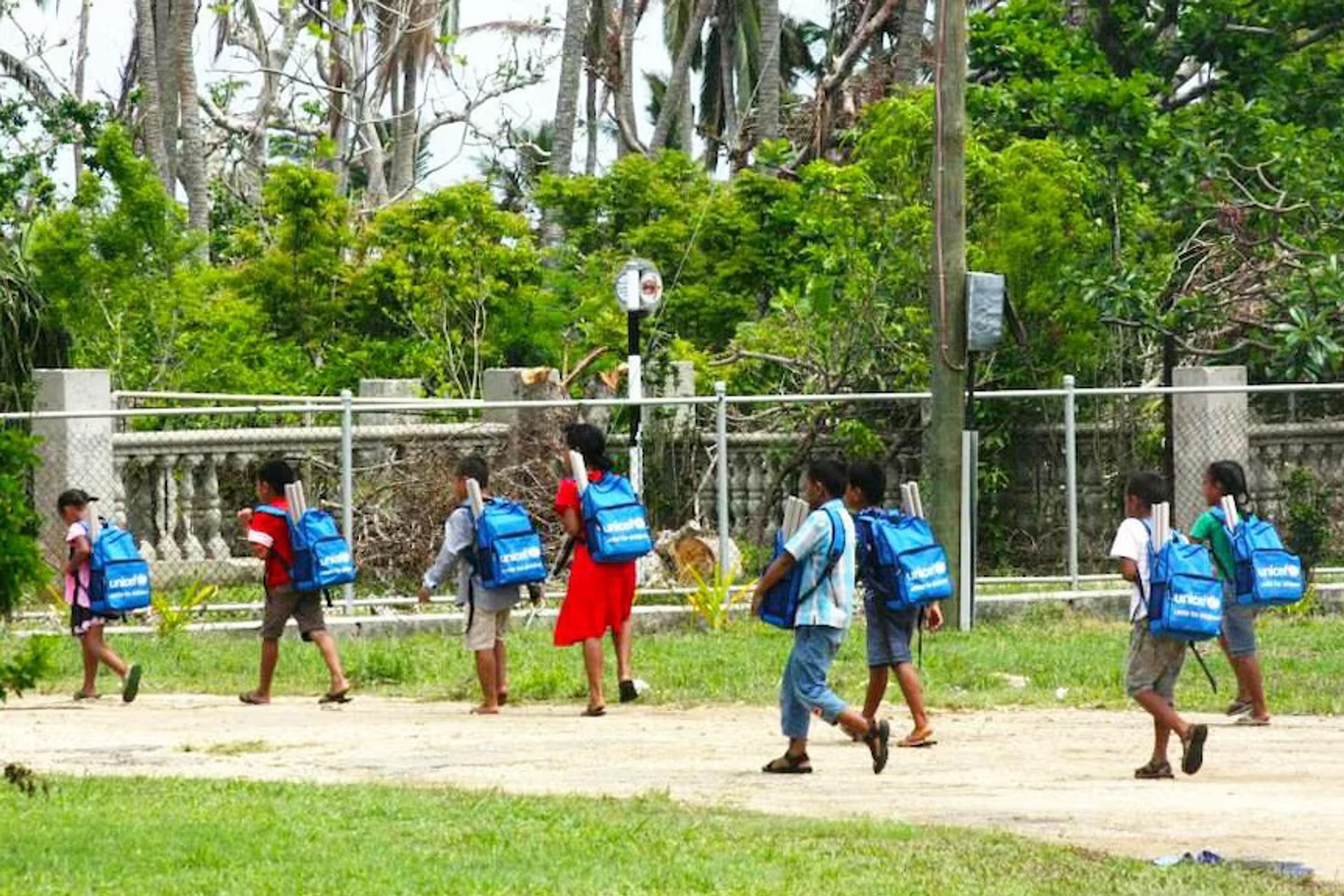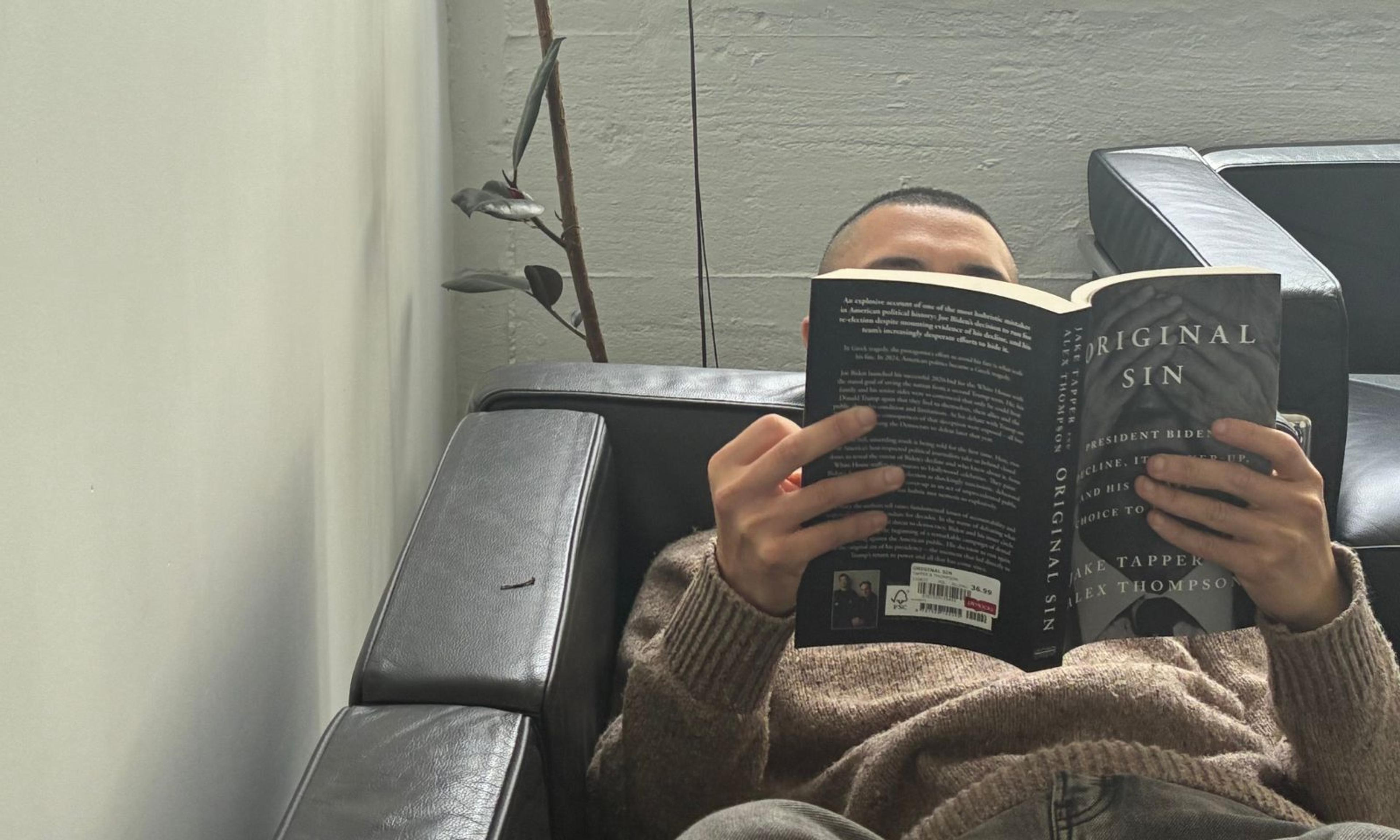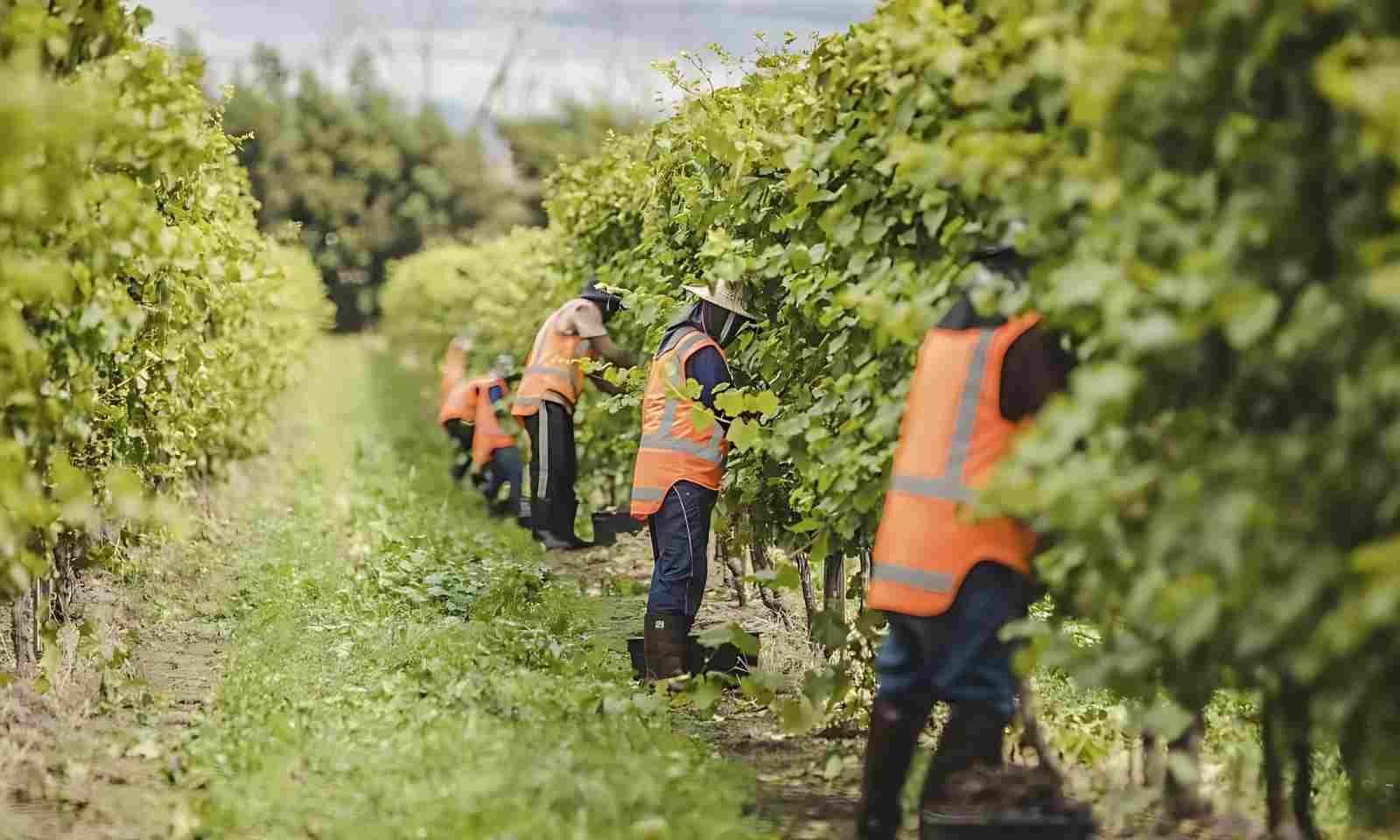

Waskam Emelda Davis wants the Labor government to recognise South Sea Islander history in Australia.
Photo/ASSIPJ/Reuters
Former councillor says Labor win brings hope for marginalised groups
In the wake of Australia’s recent election, Waskam Emelda Davis urges the government to improve its commitment to equity and inclusion.



Climate disasters in 2025 impact Pacific children, review finds

‘Love is justice, lived out loud’: Reverend Wayne Toleafoa honoured for service



New Year Honours: Jade Farrar builds unified vision for life without barriers

Climate disasters in 2025 impact Pacific children, review finds

‘Love is justice, lived out loud’: Reverend Wayne Toleafoa honoured for service

A community advocate and former council member hopes the outcome of the recent Australian election will lead to significant progress for First Nations and other marginalised communities.
The incumbent Labor Party won a landslide victory over the weekend, with Anthony Albanese being re-elected as Prime Minister.
With Ni-Vanuatu, First Nations, Caribbean, and South Sea Islander heritage, Waskam Emelda Davis, a former City of Sydney councillor, says voices like hers are often overlooked in national conversations.
“Australian South Sea Islanders are considered the forgotten people of this nation,” she told William Terite on Pacific Mornings.
“We have been here 178 years, and it is no easy feat to navigate and make sure that we are respectfully moving forward with First Nations representation and collaboration as we strive for recognition in this nation.”
In his acceptance speech on Saturday night, Albanese says Australians have chosen optimism and determination to address the challenges ahead.
“Together, we are turning the corner, and together, we will make our way forward, with no one held back and no one left behind."
Davis believes Australia is still struggling with its complex history while seeking ways to improve outcomes for marginalised groups.
“Until we start to understand each other and grapple with the fact that this is Aboriginal land, and the fact that there was a Pacific slave trade, and that our Pacific nations have evident kinship with this nation and First Nations people, people are still just going to be grasping at straws or switching up the narrative because of the lack of education and understanding.”
Watch the full interview with Waskam Emelda Davis below.
Calls for greater recognition of Australia’s many cultures
Davis currently chairs the Australian South Sea Islanders (Port Jackson) (ASSIPJ), focusing on greater recognition for the descendants of the country’s blackbirding trade.
Davis is advocating for broader national acknowledgement of Australia’s dark history of blackbirding - the practice of kidnapping Pacific Islanders and forcing them into labour.
“My grandfather was stolen from Vanuatu. My great-great-grandmother was stolen from Vanuatu.”
Although the practice ended in 1901, Davis is eager to engage the Albanese government in discussions about the legacy of blackbirding and the recognition of its descendants.
“People say, ‘Get over it. It's the past, it's done’, but we are here regardless. There are some 39,000 seasonal workers in this country today, which are and could be our direct family. We need to find our families. We need to reconnect with our kastom (custom) culture.”
Davis notes that while the government is investing in reconnecting First Nations people with their homelands, she wants to see similar support extended to South Sea Islander communities.

About 60,000 Pacific Islanders were taken from their mainly Melanesian homelands to Australia in the 1800s to work on plantations. Photo/State Library of Queensland
“These are some serious issues that have got generational trauma attached to it, and this isn't a victim mentality, this is about providing access, equity and equal opportunity for a race of people that have been in this country for 178 years.”
She says that more targeted support is needed to address the disadvantages still faced by her community.
“The jails are full with our people. There's some 60 to 70,000 descendants of that trade dating back to the 1788 or 1790s. This is not to take away from other multicultural societies and other struggles in this country, but we are a significant voice as a part of the Aboriginal Torres Strait Islander and Australian narrative.”
Davis also points out the contributions of Pacific workers to Australia’s economy, both historically and now, “as we saw with Covid and the need for bringing in our Vanuatu seasonal workers to hold up the mango industry, the cabbage industry, and the banana industry.”
She urges the Labor government to continue investing in partnerships with First Nations groups and expand that commitment to include South Sea Islanders and other marginalised people.
“We are one mob. There needs to be just some encouragement from the government to say, ‘Yes, we're here and see you’.”

More than 30,000 seasonal workers were part of the Pacific Australia Labour Mobility (PALM) scheme in 2024. Photo/File
Voter participation and representation
Davis served as a City of Sydney councillor from 2021 to 2024, becoming the first Black woman elected to the council in its 180-year history.
While she is encouraged by growing political awareness, she says voter turnout remains a challenge within marginalised communities.
“People just vote because you're going to get fined … but the majority of people that were coming through the door didn’t even understand the voting process. It’s hard work, but our communities need to engage more if they want change.”
According to the 2021 Census, 337,000 people in Australia identified as having Pacific heritage, with one in five living in Sydney.
Davis hopes that local voices will increasingly influence national decisions.
“The City of Sydney is the richest council in Australia and provides 6 per cent of the GDP to the federal budget … it really is up to those leaders in government, the councillors, the politicians, the ministers to advocate for grassroots needs.”